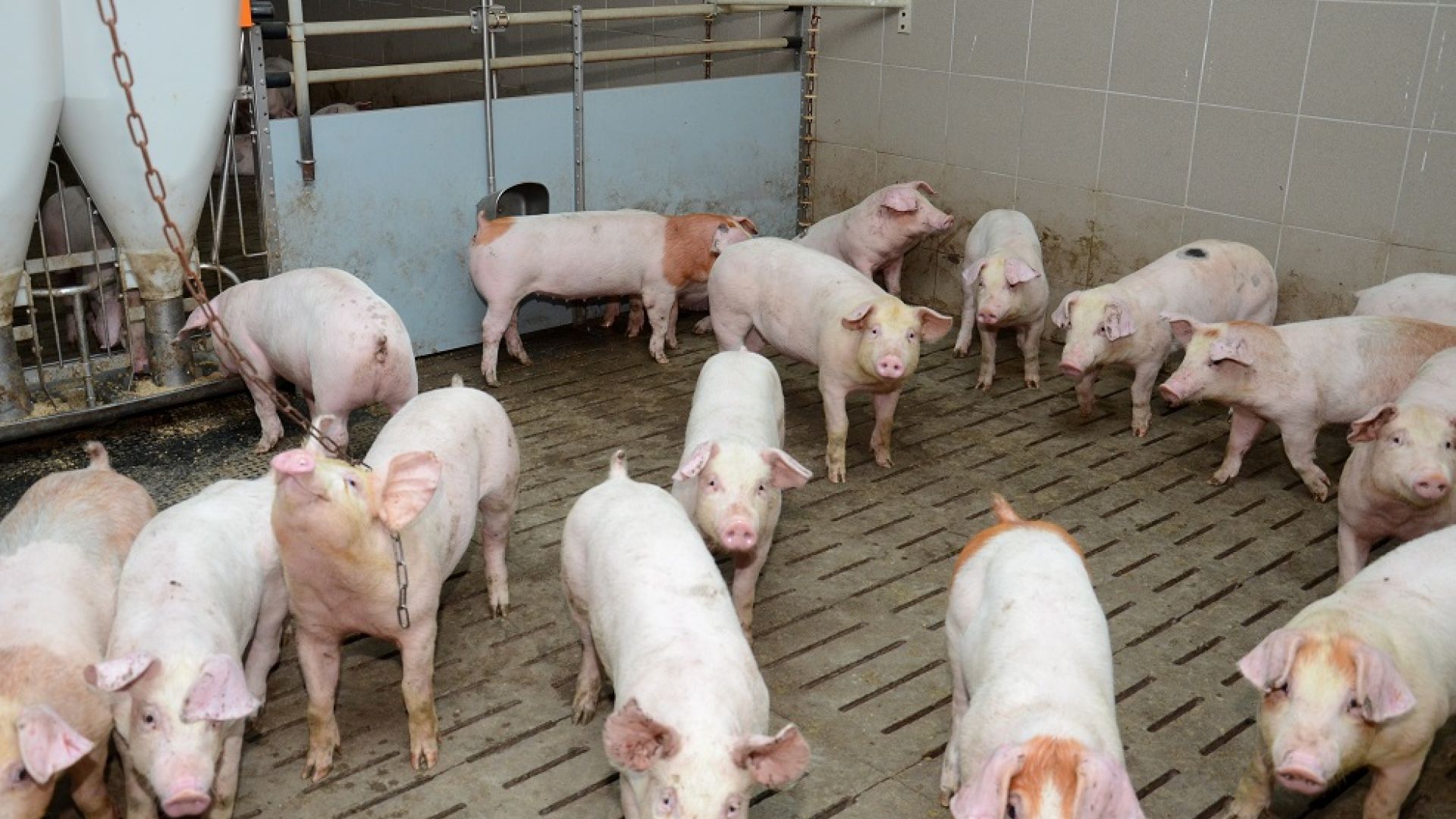Type and source of fibre can affect emission from pigs

Because individual pigs produce less methane than cattle, emissions from swine haven’t received as much attention in the scientific literature, according to Elvira Sattorova, a postdoctoral researcher at Aarhus University. But the cumulative impact of pig production is a matter of concern for countries with larger pig populations, including Denmark, Sattorova said. And scientists still know very little about the levers and controls that could minimize methane emissions from swine.
The first study by Sattorova’s research team, which is slated for publication in the October edition of Animal Feed Science and Technology, points to the potential impact of diet. In the study, growing pigs and sows fed diets with large quantities of beet pulp produced more enteric methane than those fed conventional diets or diets with higher quantities of wheat bran. Beet pulp contains more soluble fiber, while wheat bran contains more insoluble fiber, Sattorova explained. Soluble fiber is thought to be easier for most animals to ferment, which in swine appears to result in greater emissions of methane.
The initial study focused on enteric emissions — emissions from the digestive tract — and didn’t consider possible tradeoffs with the potential for emissions from manure. Though future work by Sattorova’s team will consider manure and other factors contributing to emissions from pig production, she said they wanted to focus on fiber in the first study on account of the growing interest in using byproducts that contain different types and quantities of fiber in pig diets.
The use of byproducts is generally considered a means of making animal agriculture more sustainable. But without better data on enteric emissions from pigs, it’s difficult to say with certainty whether the change in diet results in a net benefit to the planet, Sattorova said.